Inspiration can come in many forms for the receptive rock musician, but it’s a fairly safe bet that very few of them have ever milked any hit songs from jet lag. Leave it to Chuck Prophet - former Green on Red frontman and longtime solo roots-rock sonic texturalist - to transform an experience that most of humanity attempts to minimize into a creative opportunity.
“When I was touring behind Age of Miracles, I did come back from one of the European tours and I did this thing where I resisted adjusting my body clock so I’d keep waking up at four in the morning which is like noon over there,” says Prophet. “That’s the magic hour, according to the monks. That’s where you’re closest to God right there. And I’d play around with songs at the kitchen table.”
Prophet’s pre-dawn kitchen excursions netted him a trio of interesting songs that didn’t seem to be connected to anything he had worked on previously, so he set them aside. He then took the subsequent year to ponder a life-altering decision - whether or not to continue his role as a working musician.
“I was trying to figure out if there was anything else I wanted to do besides make records and drive around in a van,” says Prophet with a wry laugh. “I couldn’t really think of anything. I demoed some songs with some friends of mine and we got excited about it and said, ‘Let’s just make the record like this, let’s do it.’”
Although some might consider Prophet’s year to be a casualty of writer’s block, it really was just a period of introspection and reassessment, something that he’s done throughout his career. Once he realized that he was meant to continue down a musical path, the songs began to flow freely again and he was well on his way to the completion of Soap and Water, his latest album and first for Yep Roc, his new label.
Oddly enough, Prophet’s lengthy period of self-examination resulted in a group of songs that he characterizes as the polar opposite of that.
“Sometimes, if I look back at the older records, in a way, I remember every last detail, and in another way I look back and think, ‘Who was that guy?’” he says. “So I think maybe these songs might be a little less introspective somehow. I think the world’s come in a little bit more. It’s hard to say.”
For Prophet, there were a couple of points of departure in the creation of Soap and Water. The album was recorded in two locales: first in Prophet’s home base of San Francisco and then wrapped up in Nashville. Veteran roots producer Brad Jones worked on the album all through the process in a co-producer role, a situation Prophet hadn’t opened himself up to for quite some time.
“I met Brad a few times and he got excited about the songs, so he came out and worked with us,” says Prophet. “We thought we would go back to Nashville and work on the back end of the record and I was thrilled to do it. I enjoy myself in Nashville and I have a lot of friends there that I can borrow equipment from and a lot of couches I can sleep on. There’s a kind of strange community where people have come from all over and on the edges of it. Besides country music, there’s a fringe element that’s really pretty cool. I like Nashville.”
Prophet also liked Jones enough to accept him as an outside producer, something he hasn’t embraced in his solo career. As he explains, that notion doesn’t necessarily spring from his unwillingness to work with a producer.
“I used to joke that I was the best producer that I’d ever worked with in my price range,” says Prophet with a laugh. “In Green on Red, I worked with a sideman, and I worked with guys like Jim Dickinson and Glyn Johns and some heavy hitters. And on this record, I wanted to be free to spend more time on the other side of the glass and less time in the control room. Brad Jones ended up being a real complement to my style. I paint with a really wide brush and Brad can get in there into the details and keep me between the lanes, in a gentle way. He’s a no-nonsense Midwestern guy; he’s not one for emotional outbursts.”
One area where Jones was most beneficial to Soap and Water’s eventual outcome was in securing a children’s choir for a couple of the album’s tracks. Prophet had a particular sound in mind and Jones offered what turned out to be the perfect solution.
“I think immediately most people think of gospel singers and I tried to explain, ‘No, I want it more like a high school production of Godspell,’” says Prophet. “The thing about the kids is that was an exact interpretation of what I was hearing in my head. The kids just sing, they don’t try to sound like they’re singing. They just hit the note. They go straight to the note, and they don’t fuck around. They added another level to the record that I really like.”
Although Soap and Water seems to incorporate just about every sonic characteristic that Prophet has explored over the course of his career - rootsy Americana swagger, electronic folk experimentalism, Stonesy blues chug, pop balladeering - he insists that there was nothing overtly preconceived about the songs on the album. As always, Prophet is just doing best what he’s doing at the moment.
“I think that I do have a wide range of feels as a musician,” he says. “Coming out of a country/rock or alternative country reality, I’ve been accused of working in a lot of cross-morphed genres, but it seems pretty normal to me. I think one of the reasons people play country rock is that it’s just really easy to play. My heroes are people like David Bowie; I can only imagine David Bowie driving around in limos in America on one of his glam rock tours and hearing the O’Jays and Harold Melvin and the Blue Notes and saying, ‘Man, we’ve got to do this shit!’ and making a record in Sigma Sound in Philadelphia and just stepping up to the mic and owning it and winning everybody over. I think it’s fun to get out of your bag and out of your comfort zone.”
While Soap and Water clearly exhibits all Prophet’s best qualities as a performer and songwriter, it’s equally apparent that he’s not rehashing old glories or reclaiming old ground for the sake of a new album. Prophet has always been happiest when he’s challenging himself, and that doesn’t look to be changing anytime soon.
“If there was something about a song that I felt was somewhere I’d never been before - it just might be a small detail or a guitar lick or some sort of a figure or something in the lyric or point of view - those are the songs that when I’m writing, I get excited about,” he says. “I think those are the songs I ended up putting on the record. Of course, if you stand back far enough and squint, you’re like, ‘I don’t know, it just kind of sounds like a Tom Petty record.’ I don’t see what’s so strange about it. It sounds pretty normal to me. But in my way, those are the songs that keep me interested enough to wrestle them all the way to the ground. You know, ideas are pretty much free and they’re everywhere and I get them all the time but I don’t always have the energy to turn them all into songs.”
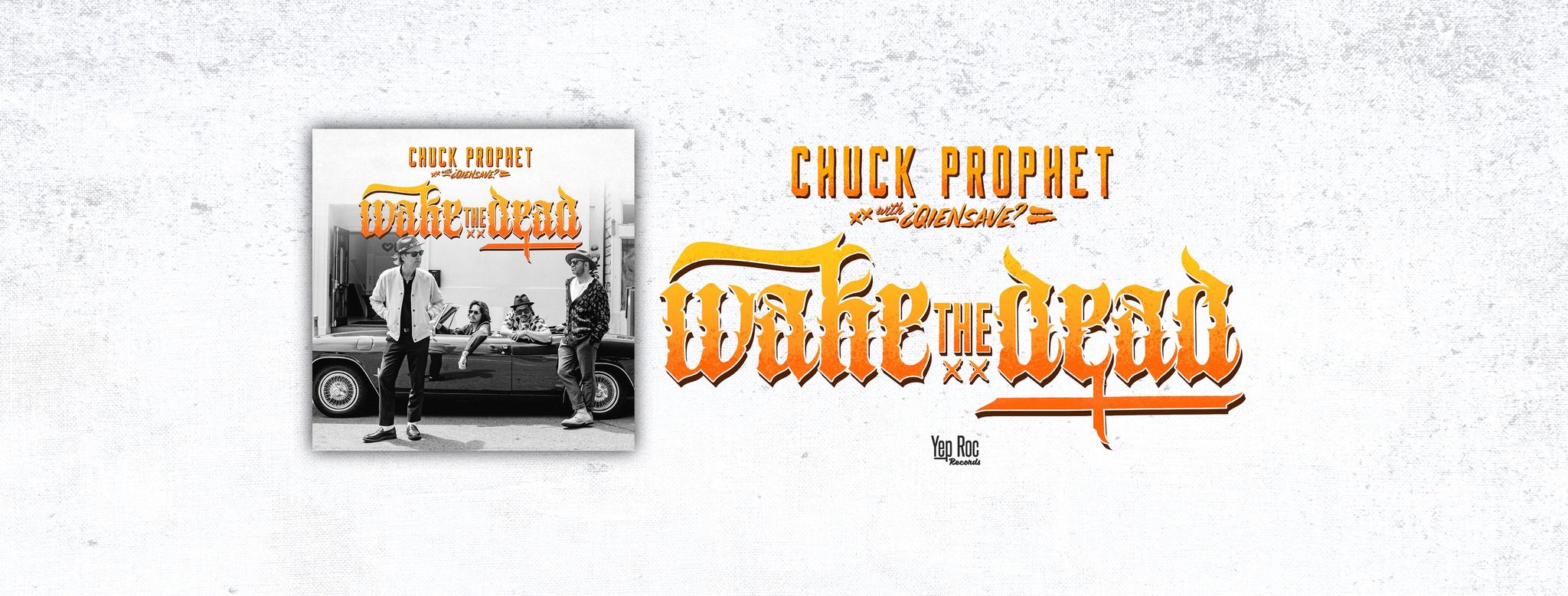

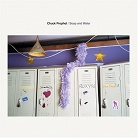
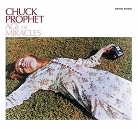



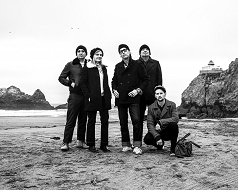
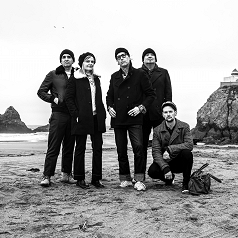
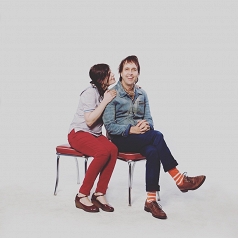
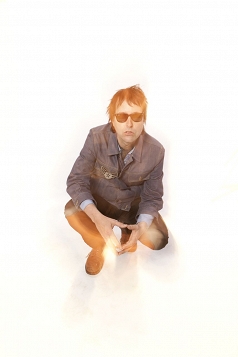

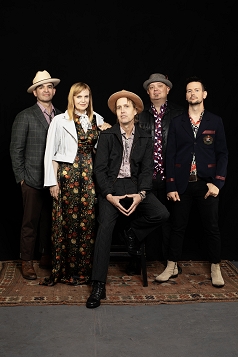
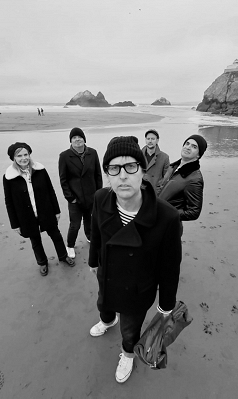
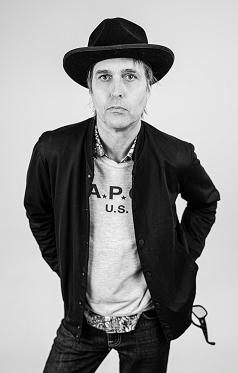
3_238_159auto_s_c1.jpeg)
